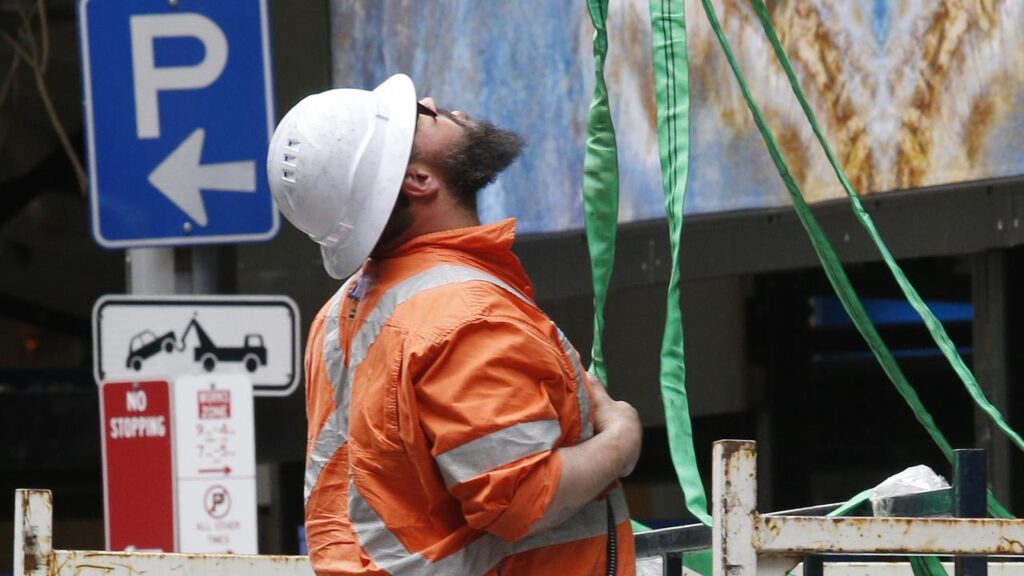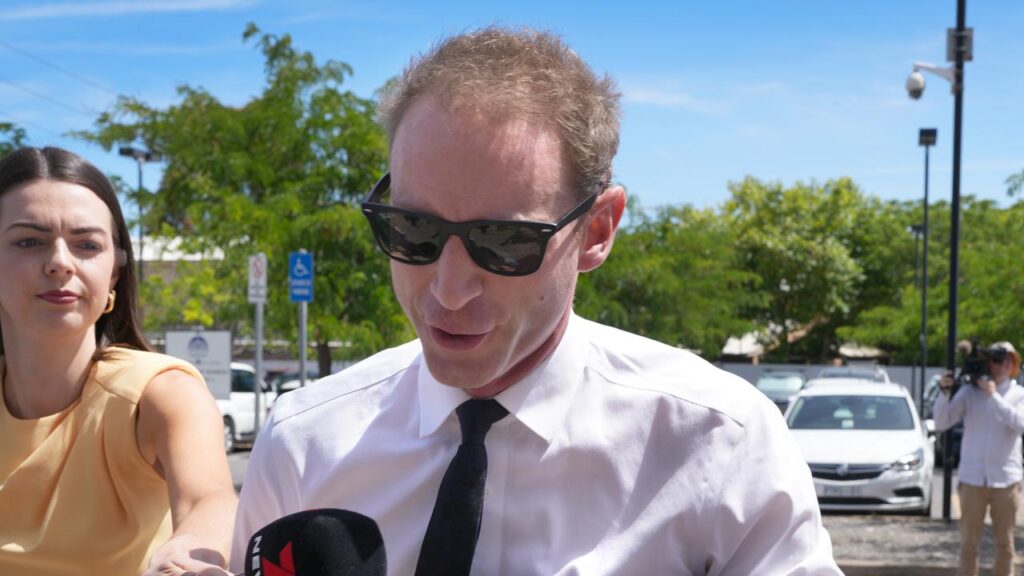Major move to cap rich-lister election spend
Written by admin on November 15, 2024
Labor will seek to curb the influence of billionaires like Clive Palmer and Simon Holmes à Court in wide-ranging electoral reforms that aim to cap donations made to political parties to $600,000 a year.
While the reforms won’t affect next year’s federal election, and are set to start from July 2026, donations to politicians will also be capped at an annual limit of $20,000, with state and territory specific limits to also apply.
Political parties and MPs will also be hit with spending caps of $90m for federal campaigns and $800,000 per electorate, with the Bill set to be introduced on Monday and potentially passed within the next fortnight.
The reforms would reduce the influence of rich listers and big donors such as mining billionaire Clive Palmer, who spent more than $100m in the 2022 election to install ex-real estate agent Ralph Babet in the Senate.
All donations more than $1000, previously $16,900, must also be disclosed, with Labor also calling for real-time monthly disclosures that would increase to weekly during an election campaign and daily every week before and after an election.
In order to aid compliance, MPs and senators will receive $30,000 and $15,000 respectively in administrative costs, while candidates will get $5 a vote, up from $3.50.
Although unions and third parties, such as Climate 200, will be limited by an $11m cap, union affiliation fees aren’t included in the cap, a provision that could be contested by the Coalition.
While the legislation is likely to be criticised by independent candidates, Special Minister of State Don Farrell urged the Coalition and crossbench to support the measures, acknowledging that Australia’s political system “can and should be stronger”.
“This level of reform doesn’t come without challenges. If these changes were easy, someone else would have made them,” he said.
“I ask my colleagues from every corner of the parliament to consider and support these laws so Australians can maintain faith in our democratic institutions.”
Independent senator David Pocock has already accused Labor of attempting to “ram” through the reform.
While he backed some measures in the suite, like real-time disclosures and lowering the disclosure threshold, he questioned why the crossbench had yet to be briefed.
“The last briefing me and my office had on this was in June and there were no details about what it would contain,” he said.
“I am deeply concerned that the legislation being introduced on Monday is a major party stitch-up that subverts parliamentary process and seeks to lock out more community independents.
“This would be terrible for our democracy and communities across the country looking for more grassroots representation.
“This is a secret deal cooked up between the major parties who are clearly terrified of minority government.”





